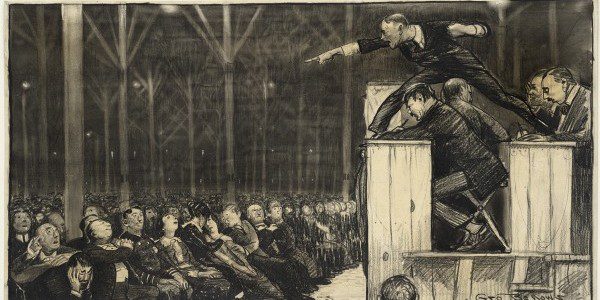When I read James Cone’s God of the Oppressed eight or nine years ago, the significance of the contextuality of theology was deeply impressed upon me. While I could not feel or know the power and passion of liberation theology from the perspective of one who was oppressed, I could feel the sting of critique against my own complicity in structures of oppression and my of my own ignorance in the ways that my context blinded me to the severity... Read more
















